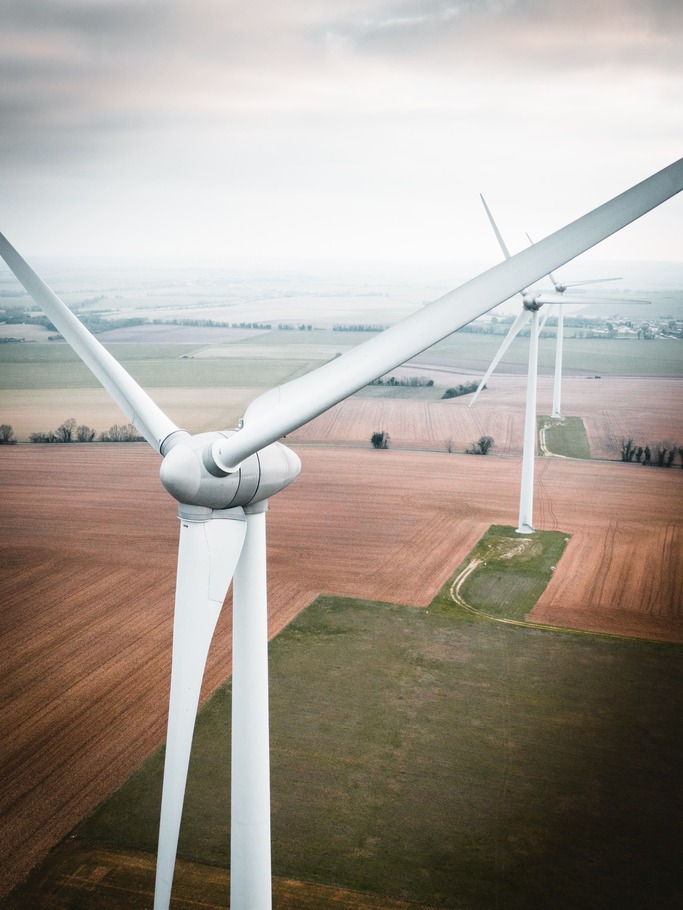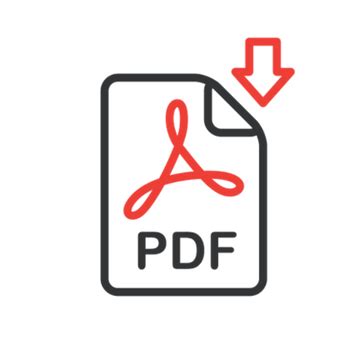Radolfzell/Berlin, 6.9.2017. Germany's largest environmental associations, the Bund für Umwelt und Naturschutz Deutschland (BUND) and the Naturschutzbund (NABU), which also sponsor the Green Electricity Label, are jointly calling for more tailwind for the energy turnaround after the Bundestag elections. The current cap on the expansion of renewable energies must be lifted. Only with decisive action for an environmentally compatible expansion to 100 percent renewable energies and a rapid coal phase-out can the impending climate catastrophe be effectively countered.
BUND and NABU call on the acting parties and thus the next federal government to already define the goals for climate protection and renewable energies in the coalition agreement in such a way that they consistently implement the Paris Climate Agreement. In addition to the nature-compatible energy transition, the associations call for more commitment to energy conservation. "The government's record so far on climate and energy policy issues is disappointing. Crucial measures such as the coal phase-out have not been tackled and the brakes have been put on the energy transition," explained Hubert Weiger, BUND chairman. "At the same time, it failed to finally wake up the sleeping giant of energy efficiency. Climate and nature conservation are most compatible when we significantly reduce our energy consumption," said NABU President Olaf Tschimpke.
"For lasting climate protection, the building sector must finally be tackled as well. Around 40 percent of energy consumption is caused in this sector. Despite this, the grand coalition in the last legislative period did not manage to finally increase the renovation rate. A building energy law and a binding energy efficiency law must also be at the top of the list of tasks for the future German government," emphasizes Tschimpke.
"The changed funding conditions for renewable energies make it difficult for citizen energy companies to continue investing in the energy transition," Hubert Weiger criticized. "The energy transition must continue to be able to be supported by local citizens - this is central to the rapid expansion of renewables with broad acceptance. Therefore, a new solution in the Renewable Energy Sources Act (EEG) is urgently needed for citizen energy, otherwise the most vital branch of the energy turnaround will dry up. Thanks in part to this citizen commitment, the energy transition is now decentralized, taking place in many places throughout the country." This commitment must be continued, Weiger and Tschimpke said. "Even if conflicts become apparent here, an expansion of wind energy in particular that is compatible with nature is possible if it is planned properly and takes place at suitable locations."
Both association leaders are in favor of good planning for wind power sites in order to protect rare species and minimize landscape encroachment. However, they also emphasize that it is not possible without rapid expansion in all parts of Germany: "The federal states are called upon to enable wind power expansion in their state planning and not, like North Rhine-Westphalia and Bavaria, to prevent it through unrealistic distance rules. In case of doubt, this only increases the pressure on nature."
Green Electricity and Green Gas are supported by seven environmental, consumer and peace organizations. They are the only eco-energy labels in Germany that are supported by the leading environmental associations.








